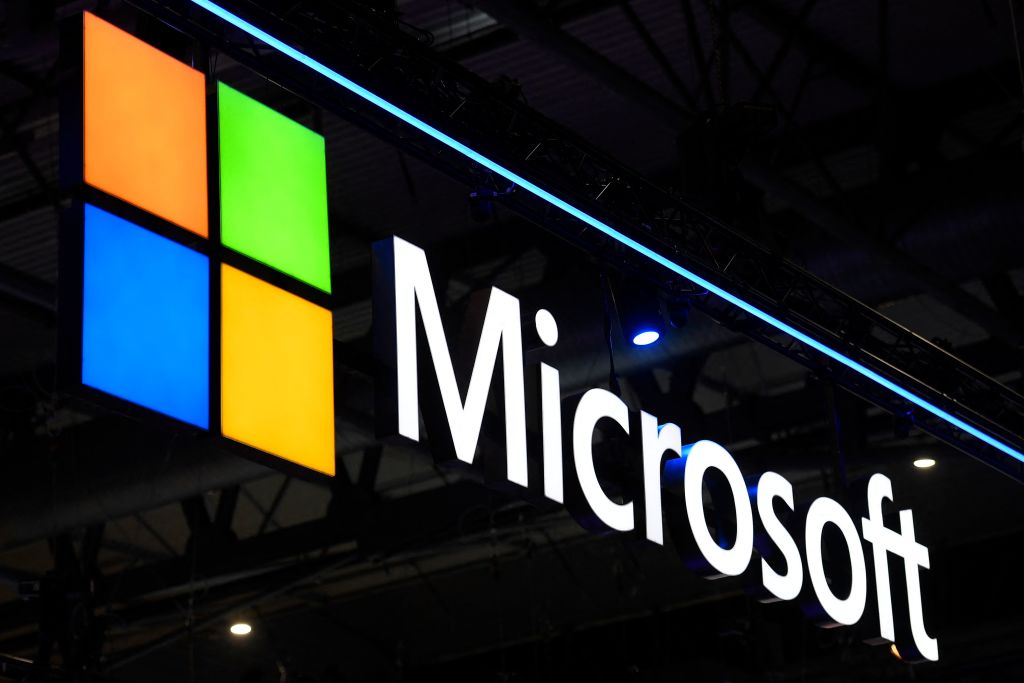
Germany probes Microsoft’s market power
Reading Time: 3 minutesMicrosoft is the latest tech giant to be caught in the cross-hairs of Germany’s antitrust authority.
The Federal Cartel Office (FCO), aka the Bundeskartellamt, has announced it’s opened a proceeding to determine whether special abuse measures can be applied to the company’s business in Germany — citing Microsoft’s extensive digital ecosystem which it noted cuts across multiple markets, including operating systems and office software; cloud computing; gaming; professional networking; Internet search; and — latterly — novel AI applications.
Commenting in a statement, Andreas Mundt, president of the FCO, said:
Earlier FCO reviews of Google, Meta and Amazon already confirmed the special abuse control regime applies to their businesses (although Amazon is appealing) — dialling up the regulator’s ability to act against anti-competitive behavior by drawing on updated powers which are designed to target digital giants with so-called ‘paramount significance for competition across markets’.
Back in June 2021, the FCO also announced a proceeding to review Apple’s market power — which it noted today is ‘well advanced’. But it did not confirm when it would take a decision on Cupertino.
The German regime offers a taster of what’s coming down the pipe across the European Union as the Digital Markets Act (DMA) comes into application later this year.
That said, the EU’s ex ante competition regime takes a slightly different tack, laying out a set of up-front ‘dos and don’ts’ for platforms that are designated as so-called ‘gatekeepers’, whereas the FCO has more leeway to decide what strictures to apply to tech giants that meet the local bar of having ‘paramount significance’ for competition in Germany across digital markets.
The FCO is also more advanced along this road of a more proactive approach to regulating digital giants, with the update to the German competition regime applied at the start of 2021; and now, a couple of years later, a clutch of designations in place — as well as some notable policy swerves to show for it: Such as Google offering not to put News Showcase results into search; and Meta untying its VR headsets from its social accounts.
So while the EU will still be classifying gatekeepers (up to September) this year, with the DMA then allowing until March 2024 for compliance, the FCO has done a bunch of that foundational legwork already — and, in several cases, is empowered to intervene if it suspects anti-competitive by tech giants, cutting the time it can act on Big Tech competition concerns.
In the case of Microsoft, the FCO emphasized that today’s proceeding does not ‘yet’ mean it’s taking formal steps to assess specific practices the company is engaged in. However its press release offers a clear warning, writing: ‘If complaints or other information suggest that there are indications of Microsoft engaging in potentially anti-competitive practices, a separate decision will have to be issued in this matter — also in consultation with the European Commission and possibly other competition authorities.’
A report in Bloomberg earlier this week suggested Microsoft has been seeking to apply data restrictions on users of its search index to prevent them developing their own AI chatbots — apparently to try to ensure OpenAI’s ChatGPT technology, which the tech giant is a major investor in, retains the lead in the generative AI race (and therefore that Microsoft also remains ahead of the pack, with even other giants like Google scrambling to keep up).
While Microsoft was regularly in the cross hairs of antitrust regulators back in the nineties up to the early noughties, it has enjoyed something of a lighter touch on the competition scrutiny front over the last decade or so — during which time it’s steadily expanded and deepened its business across multiple digital markets, including healthcare, digital advertising and gaming, to name a few.
Most recently, as noted above, it’s been close to the center of the buzz around so-called AI search — through its investment in (and partnership with) OpenAI, a former not-for-profit turned capped-profit AI developer, whose technology underpins the ‘new Bing‘. So reports that Microsoft is trying to throw its weight about to try to quash rivals’ ability to develop their own AI models could certainly trigger competition concerns.
Microsoft was contacted for comment on the Bundeskartellamt’s proceeding. A company spokesperson sent us this statement:
Reference: https://techcrunch.com/2023/03/28/microsoft-german-fco/
Ref: techcrunch
MediaDownloader.net -> Free Online Video Downloader, Download Any Video From YouTube, VK, Vimeo, Twitter, Twitch, Tumblr, Tiktok, Telegram, TED, Streamable, Soundcloud, Snapchat, Share, Rumble, Reddit, PuhuTV, Pinterest, Periscope, Ok.ru, MxTakatak, Mixcloud, Mashable, LinkedIn, Likee, Kwai, Izlesene, Instagram, Imgur, IMDB, Ifunny, Gaana, Flickr, Febspot, Facebook, ESPN, Douyin, Dailymotion, Buzzfeed, BluTV, Blogger, Bitchute, Bilibili, Bandcamp, Akıllı, 9GAG